As Lebanon endures one of its worst financial and economic crises ever, the UN estimates that around $300 million is needed over the next eight months to provide vital aid to some 1.5 million Lebanese and 400,000 migrant workers living there.
Deputy Special Coordinator Najat Rochdi, who is also the UN Resident and Humanitarian Coordinator for Lebanon, speaking to reporters at the UN in Geneva, said the necessary political reforms were not being carried out “in time”, despite widespread warnings of the looming economic and financial crisis, which “many analysts had already predicted… We are not talking about something that takes us by surprise today. I think everyone was aware of it. “Between April 2019 and April this year, the consumer price index rose by more than 208 per cent and the price of food and drink increased by 670 per cent. As a result, more than half of the Lebanese population now lives in poverty. For the Deputy Special Coordinator, international confidence has been affected by the failure to form a functioning government, discouraging investors and exacerbating the failure of the banking system and other public institutions. Extreme poverty has tripled in the last two years. More and more Lebanese families are unable to afford basic services such as food, health, electricity, water, internet and children’s education. “The public health system is stretched beyond its limits by the double impact of the economic crisis and the COVID-19 epidemic. People are increasingly unable to access and afford health care against a backdrop of growing shortages of important medicines and medical supplies.” The alarming levels of poverty among refugees were evident in the latest UN survey: nine out of 10 Syrian refugees are below the extreme poverty line – a 60% increase since 2019. Refugee protection is a growing problem with sea departures on the rise and a significant risk of refoulement. The UN with the international community in partnership with the Lebanese authorities is targeting a rapid transition to recovery efforts under the so-called “Reform, Recovery and Reconstruction Framework (3RF)”. This plan involves a focus on governance, social protection, social cohesion, inclusion and gender, health, education and housing. The international community has warned that without a government implementing meaningful structural reforms, no investment will be made beyond urgently needed humanitarian aid and initial recovery efforts. Ten months have passed since the resignation of the last government following the Beirut port explosions on 4 August. Saad Hariri was appointed prime minister more than six months ago, with the task of forming a new administration, but so far without success.
Read more here: https://news.un.org/en/story/2021/06/1094002




